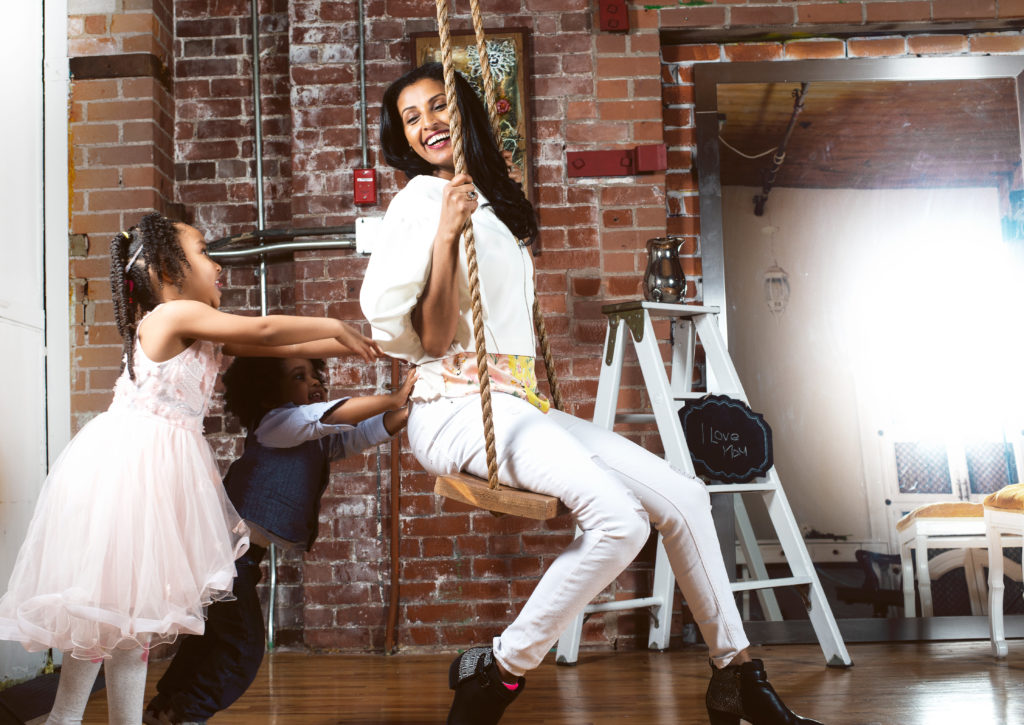In the modern whirlwind of academics, extracurricular activities, and digital distractions, the concept of leisure for kids often gets overshadowed. Yet, leisure holds a pivotal place in a child’s holistic development. It serves as a realm where imagination blossoms, social skills are honed, and personal growth flourishes. Contrary to the misconception that leisure equates to idleness, it’s a treasure trove of experiences that can unlock a child’s potential in ways both subtle and profound.
Leisure, often associated with relaxation and play, is not merely a break from routine but a vital component of a child’s overall development. In the midst of structured learning and organized activities, leisure offers a canvas for unfettered creativity. It’s a space where children can explore their interests, experiment with ideas, and engage in activities purely for the joy they bring. Whether it’s drawing, building with blocks, or crafting imaginary worlds, leisure allows children to tap into their innate creativity, fostering a love for exploration and innovation.
Imagination, the cornerstone of creativity, thrives in the realm of leisure. A child’s mind is a fertile ground for fantastical tales, grand adventures, and innovative solutions. Engaging in unstructured leisure activities like free play with building blocks, dress-up games, or pretending to be explorers on a quest stimulates imaginative thinking. These activities are open-ended, allowing children to mold narratives and scenarios, building their capacity for flexible thinking and problem-solving.
Material items like art supplies, construction kits, and imaginative playsets can significantly enhance the potential of leisure for kids. Crayons, paints, and craft materials allow children to translate their thoughts and imaginings into tangible creations. Construction toys like LEGO sets enable them to build, dismantle, and reconstruct, fostering spatial intelligence and hand-eye coordination. Imaginative playsets, whether it’s a doctor’s kit or a dollhouse, provide the tools for storytelling, allowing children to enact scenarios and expand their creativity.
Cognitive growth is another facet of a child’s development that leisure supports. While structured learning is essential, unstructured leisure activities contribute to cognitive development by encouraging curiosity, exploration, and independent thinking. When children engage in hobbies they are passionate about, they delve deeper into subjects that intrigue them, cultivating a natural sense of inquiry. Be it solving puzzles, exploring science experiments at home, or reading books for pleasure, these leisure pursuits fuel a thirst for knowledge that extends beyond formal education.
Material items that cater to curiosity and cognitive exploration can amplify the potential of leisure. Science kits, DIY experiments, and educational board games offer hands-on experiences that stimulate critical thinking and problem-solving skills. A collection of books across various genres fuels intellectual growth, introducing children to different cultures, historical events, and scientific phenomena. These items serve as invitations to dive into subjects they find fascinating, promoting continuous learning outside the classroom.
Leisure also plays a pivotal role in nurturing social interactions and interpersonal skills. While structured activities often revolve around performance and competition, leisure encourages cooperation, empathy, and effective communication. Cooperative leisure activities like board games, team sports, and collaborative art projects require children to interact, negotiate, and work together towards a common goal. This fosters the development of essential social skills that are integral to successful relationships and meaningful interactions.
Material items that facilitate group leisure activities can enrich social interactions among kids. Board games encourage healthy competition, strategic thinking, and cooperation among players. Outdoor sports equipment like balls, frisbees, and jump ropes invite group play, promoting physical activity and teamwork. Art supplies designed for collaborative projects, like mural painting or crafting a large sculpture, create opportunities for joint creative expression, allowing children to share ideas and work together towards a creative outcome.
Moreover, leisure provides a space for kids to discover their passions and talents. Engaging in hobbies, whether it’s playing a musical instrument, coding, gardening, or cooking, allows children to uncover their unique interests. These pursuits foster a sense of achievement and build confidence as children develop mastery in their chosen areas. Leisure thus serves as a platform for self-discovery and the cultivation of skills that can be carried forward into adulthood.
Material items that support hobbies and skill development can be integral to unlocking the potential of leisure. Musical instruments encourage the exploration of sound and rhythm, fostering musical talent and creativity. Craft kits and DIY projects provide hands-on experiences, allowing children to learn new skills and create tangible results. Gardening tools, cooking utensils, and baking supplies offer avenues for nurturing green thumbs or budding culinary enthusiasts.
It’s a canvas for creativity, an arena for cognitive exploration, a playground for social interactions, and a gateway to self-discovery. The material items that accompany leisure activities can significantly enhance these benefits, offering tools for creative expression, intellectual curiosity, social engagement, and skill development.
As parents, caregivers, and educators, recognizing the importance of leisure and providing the necessary materials is an investment in children’s well-rounded development. Balancing structured learning with unstructured leisure fosters a holistic approach to growth, ensuring that children have the space and resources to explore their interests, foster creativity, and build essential life skills. By unlocking the potential of leisure, we empower children to embrace their passions, enhance their cognitive capacities, and cultivate the social and emotional intelligence necessary for a fulfilling and successful life journey.



